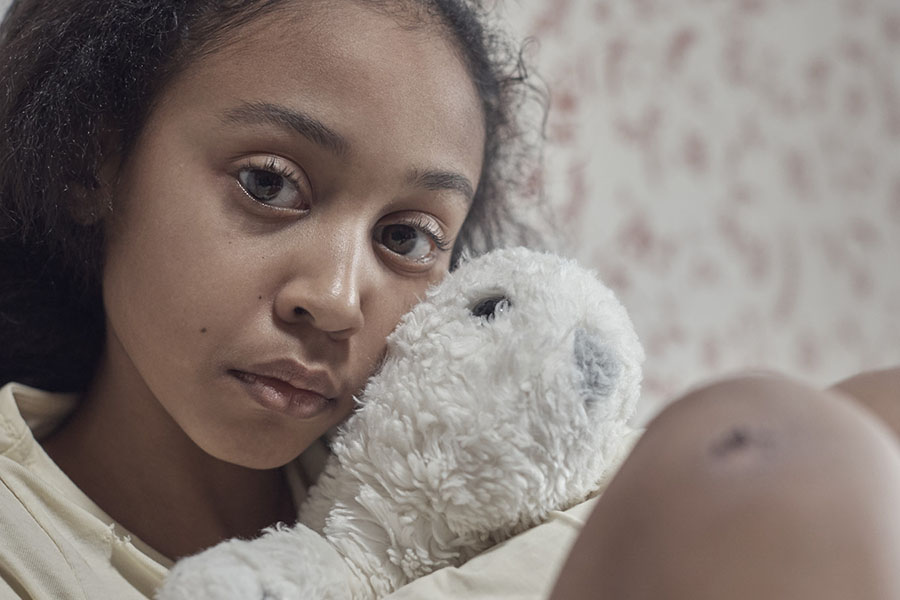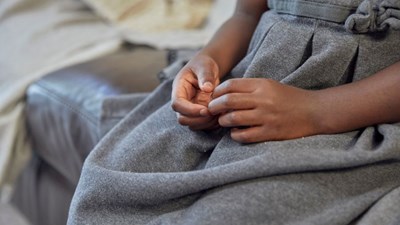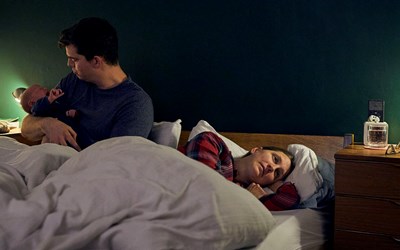Please reach out to our Helpline with any concerns you may have about children over the summer.

In the last year, our Helpline received almost 1,400 contacts about children experiencing coercive and controlling behaviour as part of domestic abuse.
Our Childline service gave over 1,000 counselling sessions to children and young people experiencing domestic abuse, with 221 mentioning coercive and controlling behaviour
It's important to be aware of domestic abuse and how it can affect children, especially during the summer holidays. This is because children might experience or witness more domestic abuse outside of term time.




